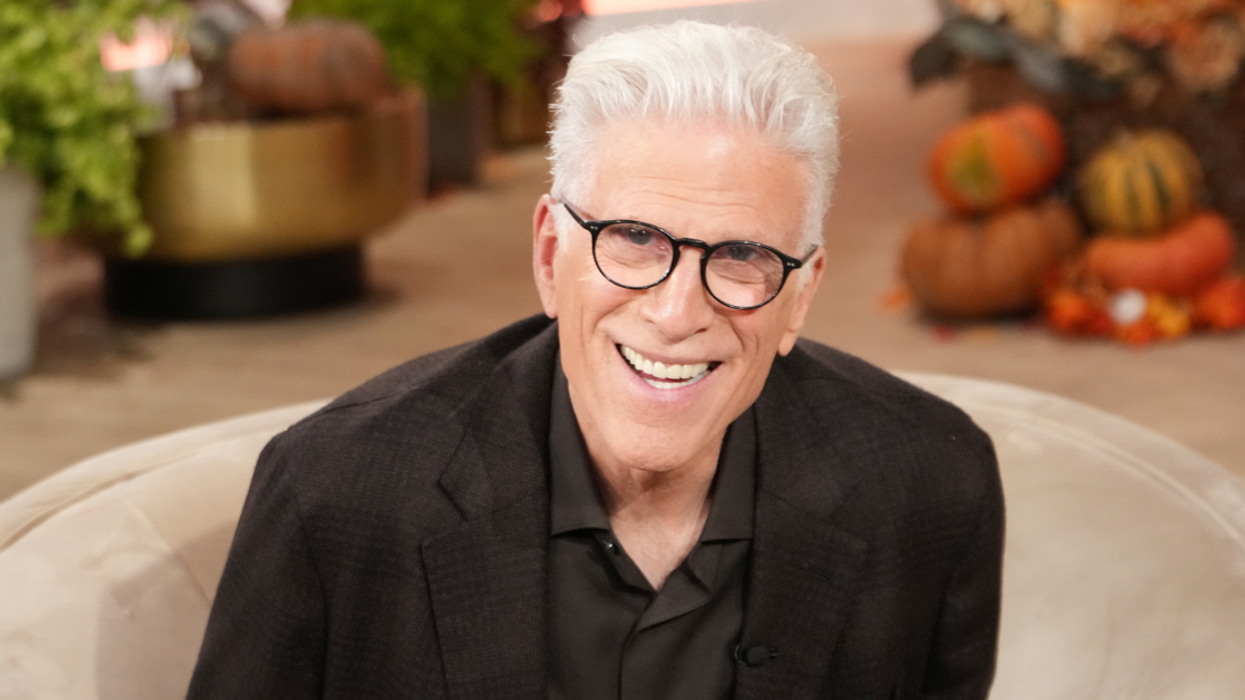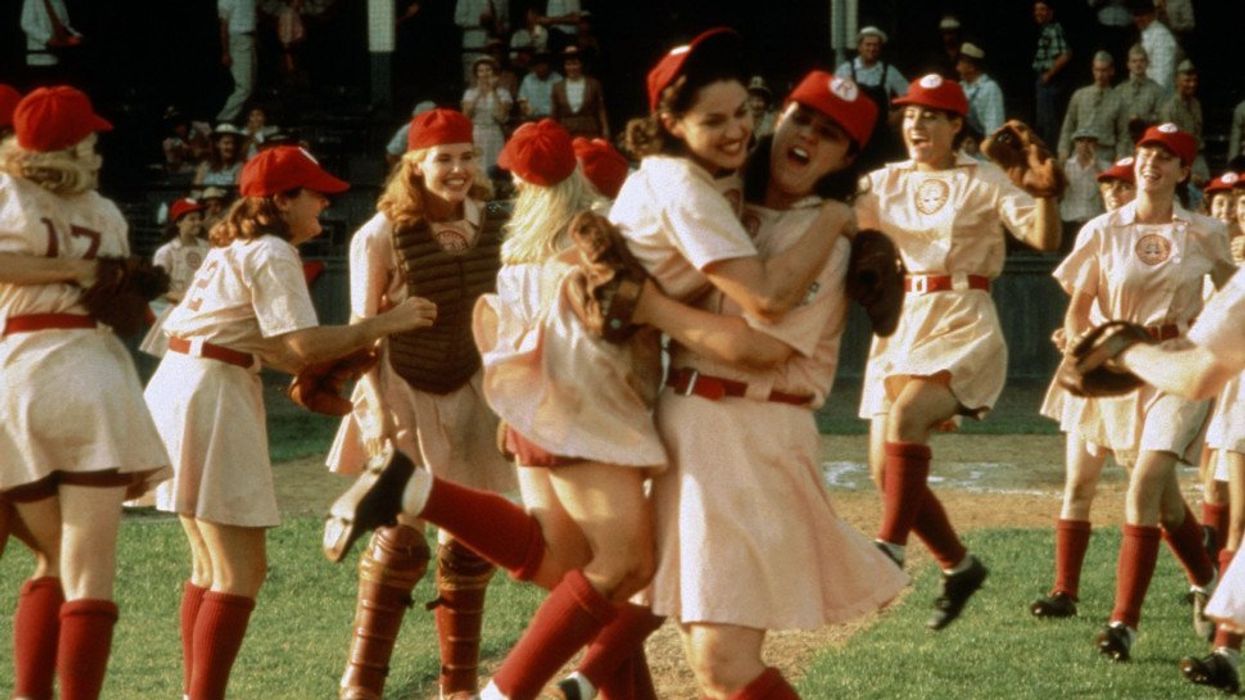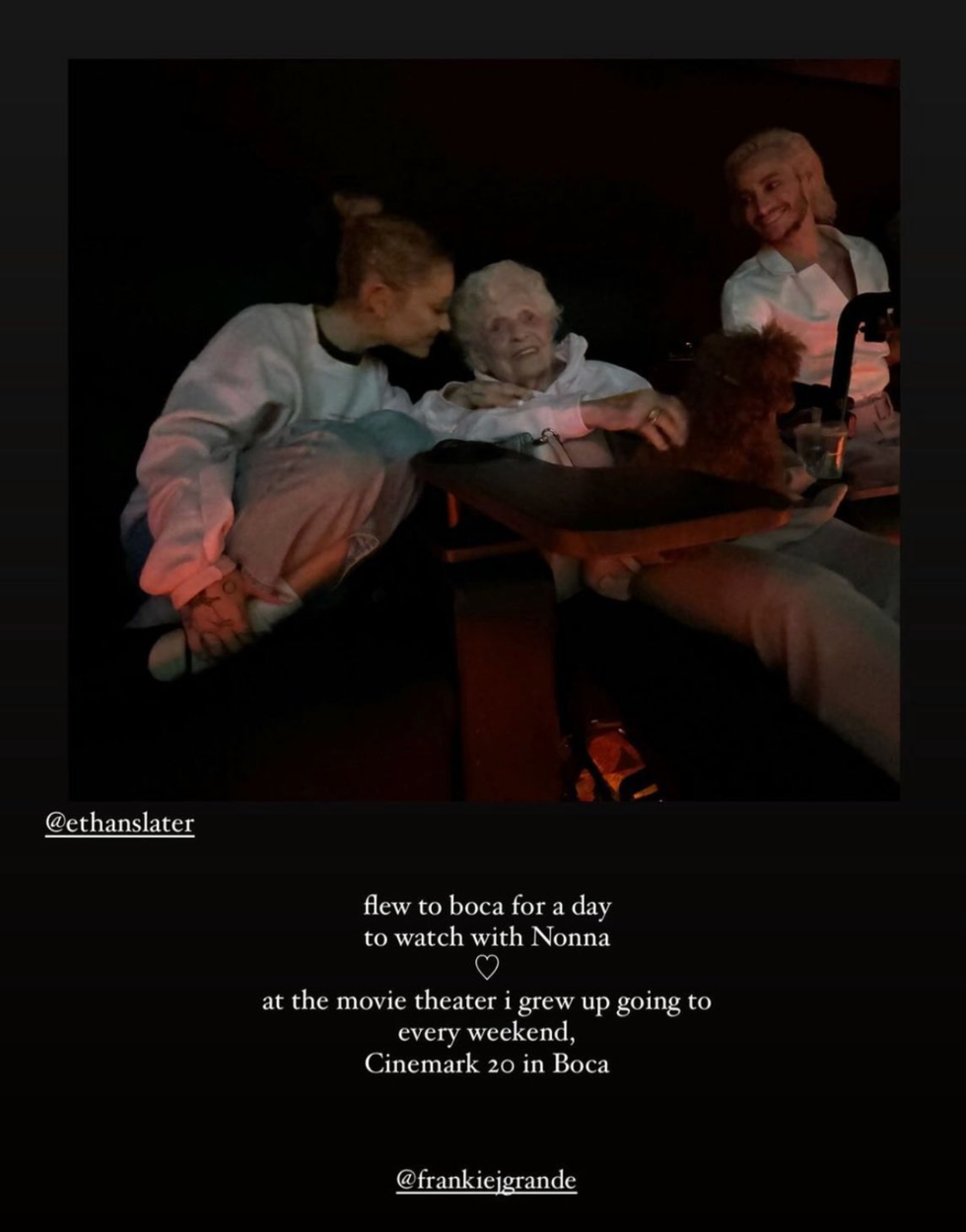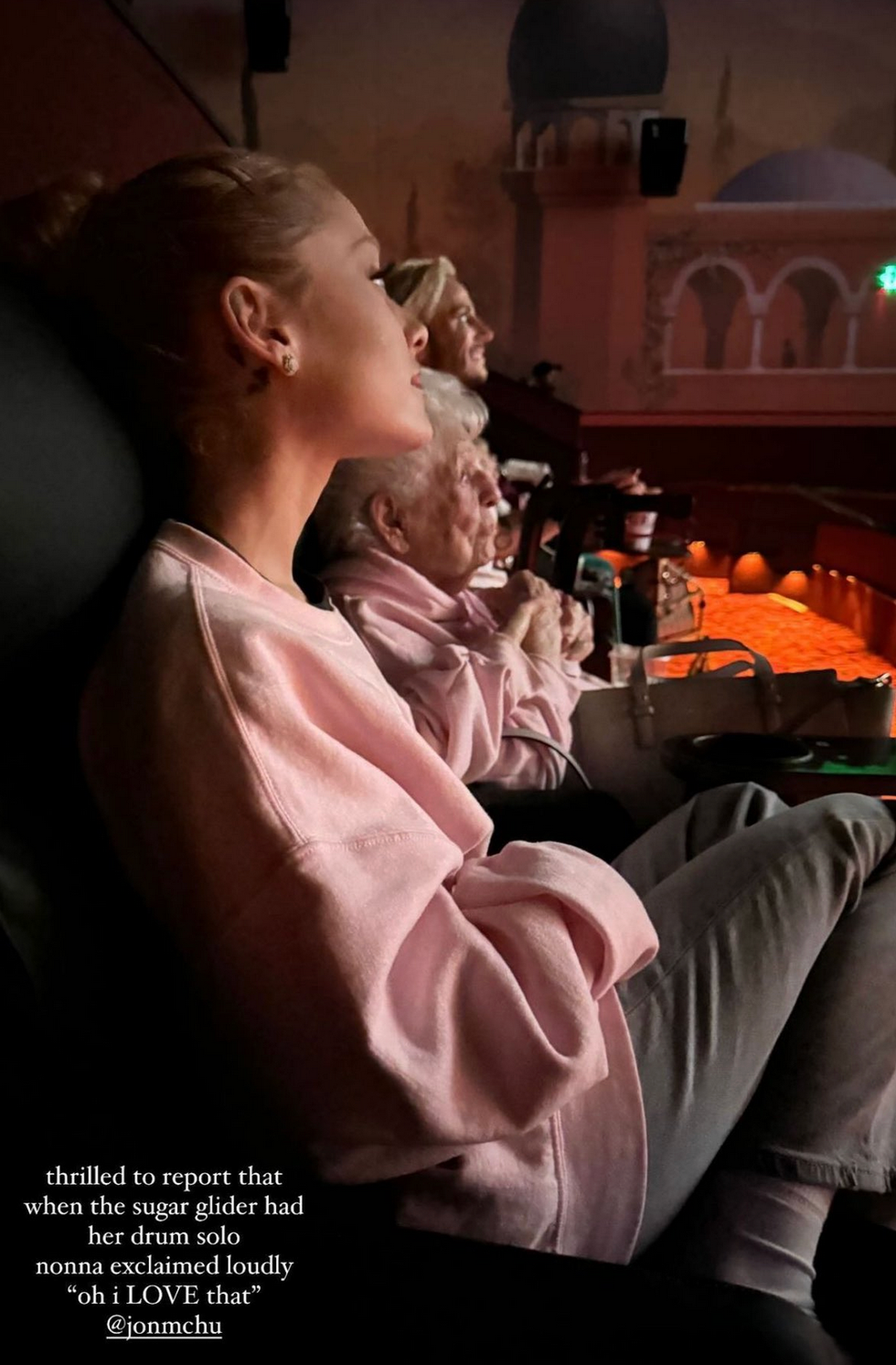I am fortunate to have been raised in a family of good cooks, so I'd already mastered certain culinary skills by the time I started working in restaurants. I was a server, not a chef, but I was able to help a lot with prep work when needed. I think the only thing that stopped me from moving up to becoming a cook and perhaps, eventually, a chef, was, you know, working as a chef in a restaurant (I lack the temperament).
After Redditor foxymanchester asked the online community, 'Chefs of Reddit, when teaching someone to cook, what fundamentals do you think are most important to learn?" chefs and good cooks alike offered their best advice. Take note and you'll see yourself improving in the kitchen in no time.
"There is no trick..."
Honestly, I think all these answers have skipped the most important, most basic lesson: basic cooking isn't that difficult.
Do you have two hands and the ability to set an alarm? Great, you can cook and bake a huge variety of great foods.
There is no trick to being a passable cook - you just follow the recipe and 90% of the time it works. Once you have the right mindset, then you go on to learn things like knife skills, how to perfectly season to your own taste, how to keep a kitchen clean as you go, etc. etc. But the most important fundamental is that you absolutely can do it, if you try.
"A good cutting board..."
A good cutting board and knife make all the difference in the world when cutting meat and vegetables. Some things are worth spending a little more money on to get good quality stuff.
"It feels annoying..."
It feels annoying and time consuming, but it reduces cooking stress to chop and measure everything BEFORE you begin cooking.
"My advice is to read..."
Not a chef but enjoy cooking. My advice is read the entire damn recipe before you start cooking. And those who say they can't cook at all are those who can't follow instructions/videos.
"Taste everything..."
Taste everything, know what you're working with and what flavors it has. And be adaptable. Sometimes things just don't turn out but still have value to use in a different way. I was making a cheese souffle once and just couldn't get there, ya know? But, add some ham, mushrooms, caramelized onions and put it into a predate tart shell and you get a pretty good quiche.
"Learn the basics..."
Learn the basics of seasonings. Salt, how it works, acidity, fat/oils, yeast are some of the best pillars upon which to build. My principle is that every time I cook a new recipe, the first time I follow the recipe precisely, the second time I experiment. This does not apply to baking, as that should be consistent and accurate.
"I used to help cook..."
Keep your workspace clean, and clean as you go. I used to help cook for a company when I was a teen and the chefs for some unknown reason, waited until ALL the cooking was done before we started cleaning dishes, leading us to mountainous piles of dishes every day at the end of the day, which was the worst part because we were already tired, but now we had to clean a ton of stuff.
I cook at home now and clean as I go. It feels so good to not have to clean tons of stuff after you're done cooking! It also helps you keep your kitchen more sanitary, which is really important.
"Try to prepare..."
Preparation and Patience.
Try to prepare as many of your ingredients as you can before you start any cooking. Having to peel/chop/wash/slice/weigh/whatever while keeping an eye the hot pan on the stove is usually going to end only one way. Badly. Try to get the ground work done before you commit to heat.
Once you commit to heat be ready for it to take as long as it takes and then maybe a bit longer. Just because the recipe says "do X for 8 minutes" does not mean you need a stopwatch. Not all stoves run at the same heat, not all pans heat at exactly the same rate, not all cuts of meat are exactly the same thickness.
But most importantly, try not to be afraid of it. If anything you make turns out less than satisfying think about what it is about it you don't like and what you might do to change it. Too spicy? Use less next time. Not spicy enough? Add more. Not a fan of garlic? Leave it out. Its your dish. Make it how you like it, not just how the recipe says.
"There is nothing more disappointing..."
Salt. 90% of the difference between a good home cook and an average home cook comes down to not using enough salt. There is nothing more disappointing then taking a bite of a beautifully crafted dish only to find that it's massively under seasoned and no putting a salt shaker on the table doesn't fix it.
"Some things..."
A good cutting board and knife make all the difference in the world when cutting meat and vegetables. Some things are worth spending a little more money on to get good quality stuff.
"Most things..."
Don't be intimidated by new recipes/ styles. Most things aren't really that complicated, even if they're completely foreign to you.
"I asked the chef..."
I asked the chef in my family and got "taste frequently", "add more salt", and "understand your product."
"Cooking is supposed to be a way..."
How to hold a knife. You need to pinch the base of the blade with your palm over the handle.
You need to pull back your finger tips and guide the blade with the middle of your finger. It changes a slip up from losing a finger to losing a knuckle that will heal.
Other than that, if you're not in a professional environment where people are breathing down your necks and you have time constraints. Have fun. Seriously.
Cooking is supposed to be a way you can create something for someone you care about to show that you love/care for them. Have a beer, involve whoever you're cooking for, laugh at your mistakes and learn from them.
What's the worst that can happen? You learn a lesson and order some take out.
"Learn and practice..."
Learn and practice safe knifing skills. Buy good quality equipment and show it respect. If there's downtime during the recipe, take that time to clean up the mess from the beginning. Give the oven/pan time to preheat, it matters.
When trying any new recipe, make it according to the recipe first before making adjustments. Take notes afterward, then dial it in to your tastes the next time you make it.
"Don't leave the handle..."
Don't leave the handle of the pot directly next to your belly, you won't believe how many times I have spilt hot water on myself and then needed to go to a clinic.
"Nothing will ever..."
Taste everything. Nothing will ever be as good as it could be if you aren't tasting it as you make it.
"It's easy to go bigger..."
How to sharpen a knife and how to dice. It's easy to go bigger with your slices if that's what you need but learning to finely dice is very important to a lot of recipes.
"The order and timing..."
Cooking/baking is chemistry. The order and timing you put ingredients into something change the result dramatically.
Want to "know" more? Never miss another big, odd, funny, or heartbreaking moment again. Sign up for the Knowable newsletter here.















 Jane Rosenberg
Jane Rosenberg Jane Rosenberg
Jane Rosenberg

 @arianagrande/Instagram
@arianagrande/Instagram @arianagrande/Instagram
@arianagrande/Instagram